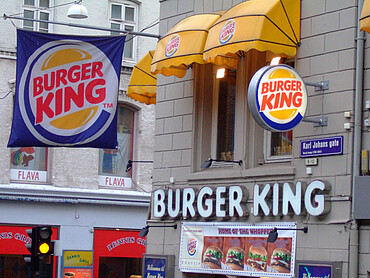Abstract
In 2010, 3G Capital merged Burger King and Tim Hortons to create Restaurant Brands International (RBI). In 2014, RBI acquired Popeyes Louisiana Kitchen. Although RBI's three restaurant chains had strong brand name recognition with extensive franchise networks, none were market leaders in the red ocean of quick service restaurants (QSR). Burger King lagged behind McDonald's in the burger segment; Tim Hortons came fourth in the coffee and snack segment; and Popeyes ranked third in the chicken segment. RBI was focused on expanding its international reach, developing efficient franchise partnerships and producing cost efficiencies among its subsidiaries. But in developed economies, the mature QSR market was threatened by saturation, the trend toward healthier foods and lower unemployment rates. Further, in developing economies, such as China and India, RBI was threatened by lax regulations protecting its franchises and brand names, as well as offerings centered on North American tastes. Finally, RBI was saddled with high long-term debt. Among so many uncertainties, would RBI be able to grow, or even sustain, its market position?
Citation Note
Published sources; 18 pages.
Follow the 'handle' link to access the Case Study on RePub.
For EUR staff members: the Teaching Note is available on request, you can contact us at rsm.nl/cdc/contact/
For external users: follow the link to purchase the Case Study and the Teaching Note.
Objective
1. To understand the Quick Service Restaurant Sector. 2. To formulate growth strategies for Quick Service Restaurants. 3. To understand franchising in the QSR Sector. 4. To discuss foreign market entry strategies for Quick Service Restaurants. 5. To understand the importance of efficient operations in the QSR Sector.
